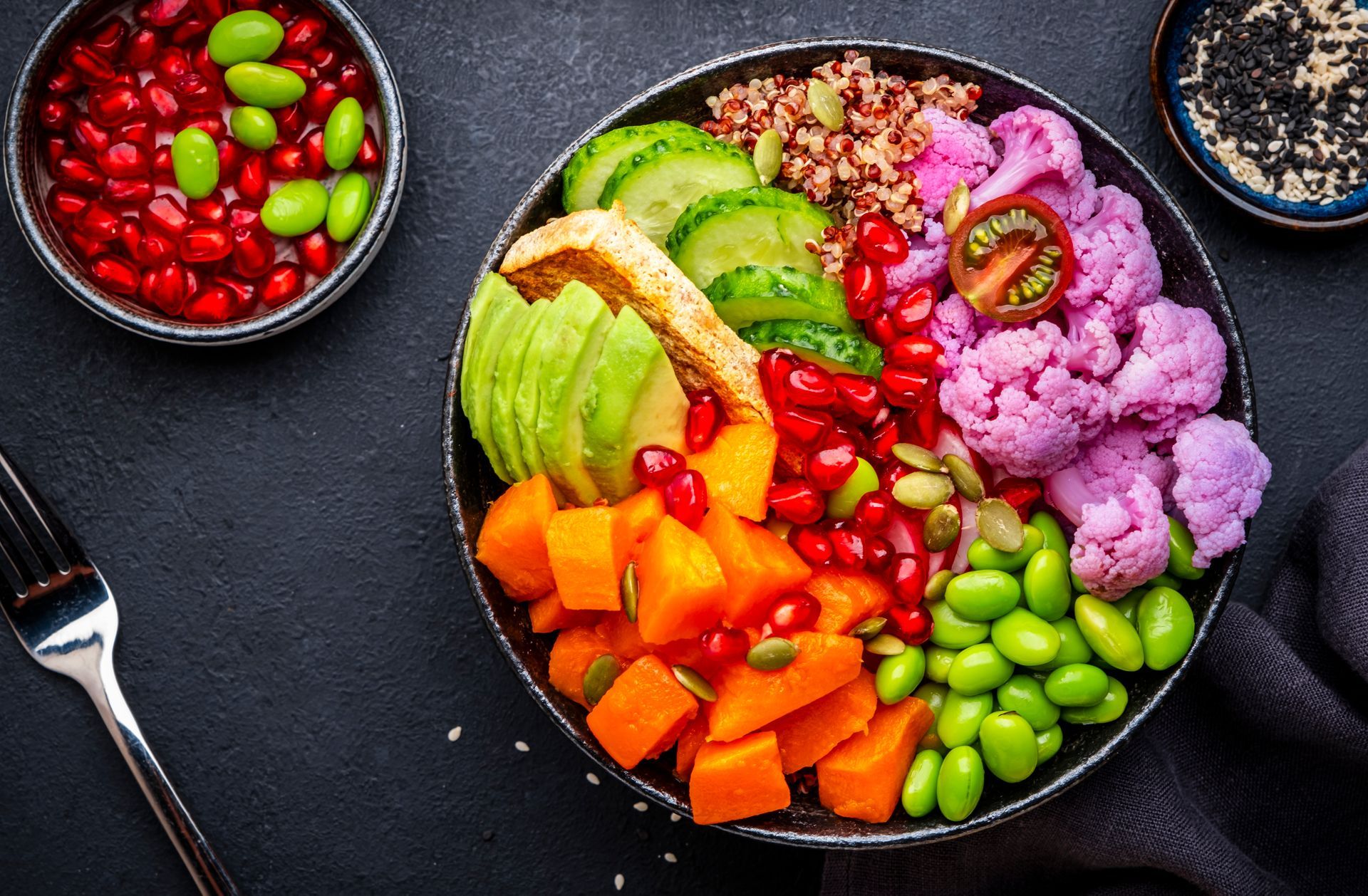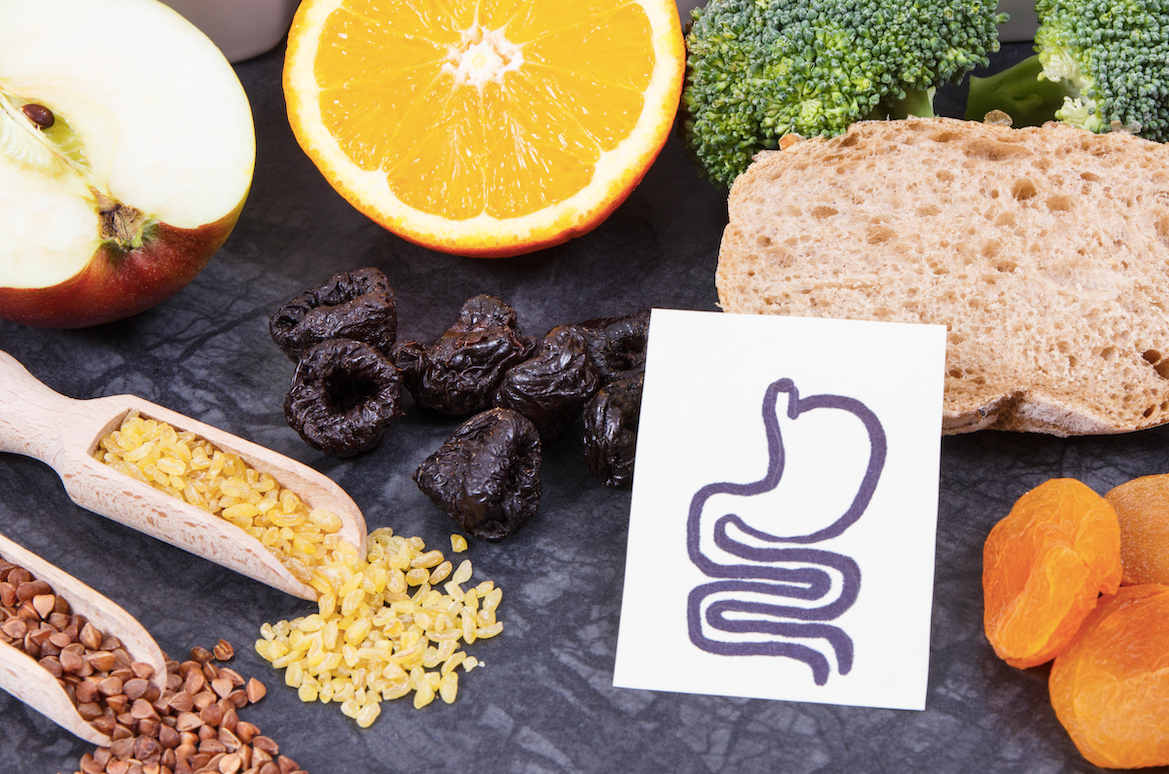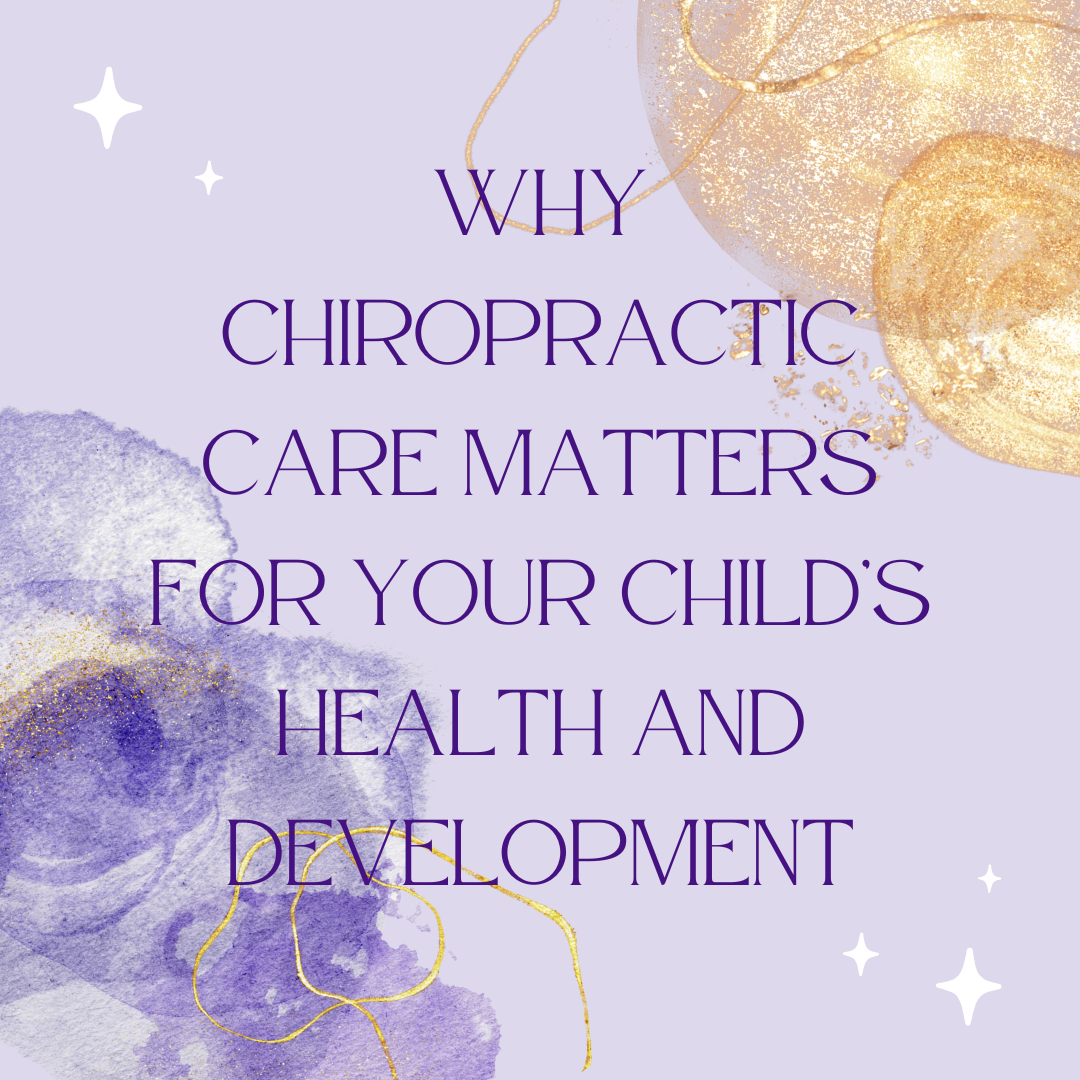6 Things You Should Do During Pregnancy
Labor is like a marathon. It is hard work and you want your body to be physically ready for it! Continue reading for Dr. Diana's highly recommended tips to do during your pregnancy to avoid a long labor.

1. Eat the Dates
Dates are full of vitamins and minerals. They're also rich in antioxidants, which help protect the body from cell damage. During pregnancy, it’s important to eat a balanced diet with the key nutrients needed for you and your baby. Here are some of the health benefits of eating dates during pregnancy:
Dietary Fiber. Dates contain a lot of dietary fiber, which helps with bowel movements. Four dates have about 6.7 grams of dietary fiber, equaling about 25% of the recommended daily intake of 20 to 35 grams. Dates can help relieve constipation. This is a common symptom during pregnancy, because hormones cause the gastrointestinal tract to slow down. Iron supplements, which many pregnant women take, can also increase the likelihood of constipation.
Potassium. Your body needs potassium to maintain fluid balance and support regular cell functioning. Less than 2% of adults in the U.S. meet the daily recommended amount of 4,700 milligrams of potassium.
Many pregnant women experience vomiting in their first trimester, which can lead to lower potassium levels. Dates have 696 milligrams of potassium in a 100-gram serving (about 4 dates).
Folate . Dates also contain the B vitamin folate, an important nutrient during pregnancy as it prevents serious birth defects such as spina bifida. Doctors recommend that pregnant women take folate in a folic acid supplement to reach the daily recommended amount of 600 mcg. Dates provide 15 mcg of folate per 100-gram serving.
Iron. Pregnant women are at a higher risk of iron-deficiency anemia, and need twice the amount of iron as those who aren’t pregnant. Severe iron-deficiency anemia can raise your chances of having a preterm or low-weight baby and developing postpartum depression.
Low GI food. Dates are a low glycemic index (GI) food. This means that they’re digested more slowly and won’t cause a rapid increase in your blood sugar levels. Some 10% of pregnant women develop gestational diabetes, which involves high blood sugar levels. This can lead to complications such as a higher birth-weight baby and preterm labor.
Sugar substitute. Dates can also be used as a substitute for sugar. Date sugar, which can be found in some grocery stores and health food shops, is made of ground-up dried dates. It has about 30% fewer calories than regular sugar. Keep in mind that date sugar tastes like dates, so it won’t always work well as a sugar substitute.
Are Dates Safe to Eat During Pregnancy?
There's no evidence showing any negative effects of eating dates during pregnancy.
In fact, dates are great snacks to help curb sugar cravings. Eating a few dates instead of ice cream or candy can help satisfy your sweet tooth. A study of mothers and their children found that high-sugar diets during pregnancy can affect a child’s brain function. However, eating natural sugars from fruits, like dates, was associated with higher intelligence scores.
While dates are safe to eat during pregnancy, there are some things to keep in mind:
High in calories. Dates are high in calories and carbohydrates, so be aware of the number you're eating per day. A 100-gram serving of dates, or about four pitted dates, is roughly 277 calories. This is just under the additional 300 calories needed in the second trimester.
Another study showed that pregnant women who ate 6 dates a day for 4 weeks before their due date had a shorter first stage of labor and their cervix was softer before delivery. Eating dates in late pregnancy has also been shown to lessen the need for oxytocin, the medication used to start or speed up labor.
Tip: Four weeks before your due date, eat six dates a day.

2. Drink Raspberry Leaf Tea
Raspberry leaf tea is an herbal tea made from the leaves of the raspberry plant and has been used throughout history for uterine and pregnancy health. Purported benefits include strengthening the uterine muscles, shortening labor, and easing labor pain.
Tip: Get your uterus ready for action by drinking raspberry leaf tea.
3. Be Active (if you're able to!)
Don't just sit on the couch for 9 months. For healthy pregnant women, regular exercise can keep your mind and body healthy. Physical activity can help you feel good and give you extra energy. It also makes your heart, lungs and blood vessels strong and helps you stay fit.
Being active during your pregnancy can even make your labor shorter and recovery faster. It may also make it less likely you'll have complications like: Gestational diabetes (a type of diabetes that happens during pregnancy).
Tip: Stay active during pregnancy.

4. Prenatal Yoga
- Improve sleep.
- Reduce stress and anxiety.
- Increase the strength, flexibility and endurance of muscles needed for childbirth.
- Decrease lower back pain, nausea, headaches and shortness of breath.

5. Take a Birth Class
This will help you know what the hell is going on down there.
6. Prenatal Chiropractor
You want to make sure everything is aligned, especially your hips! If anything is our of wack, it is going to make it really hard for that baby to come out. Better alignment in the pelvic region will
decrease intrauterine constraint and that will allow the baby to pass through the labor canal with more ease. The goal of the chiropractor is to correct the subluxations in the pelvis to help balance the uterus and allow the baby to get into a better position.
Tip: See a prenatal chiropractor like Dr. Diana.

Contact our Arizona Wellness Clinic today! TEXT or call Dr. Diana Mladenoff at 1 (602) 524-0222 to schedule an appointment.





